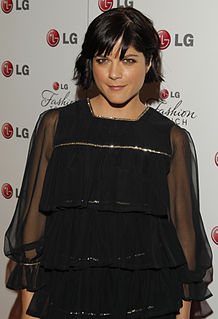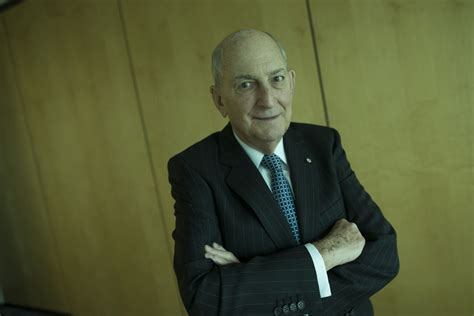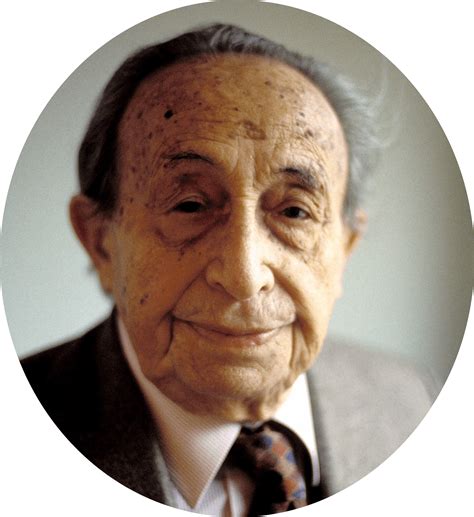A Quote by Marianne Williamson
Judaism, Christianity, and I'm sure other religions also, are having to deal with the fact that they may or may not have lived up at all times to the injunctions of their own mystical center. For instance, when I went to Sunday school, I remember learning more about Jewish history than about God. So, once again, that doesn't mean there's anything wrong with the Jewish religion, it just means that sometimes people are not fed the mystical food - the spiritual food - of their own religious background.
Quote Topics
About
Again
Also
Anything
Background
Center
Christianity
Deal
Fact
Fed
Food
God
Having
History
Instance
Jewish
Jewish History
Jewish Religion
Judaism
Just
Learning
Learning More
Lived
May
Mean
Means
More
Mystical
Once
Other
Own
People
Religion
Religions
Religious
Remember
School
Sometimes
Spiritual
Spiritual Food
Sunday
Sunday School
Sure
Than
Times
Up
Wrong
Related Quotes
We may have created this projection of what God should be, as this judge or test, but the fact is, the only way we know about God is by knowing ourselves in some way. So God must be in ourselves-you can't deny that. If you say that God is somewhere else, which is what a lot of religions say, I just can't deal with it. I guess it's the difference between Buddhism, Christianity, and Judaism, or something.
If only one country, for whatever reason, tolerates a Jewish family in it, that family will become the germ center for fresh sedition. If one little Jewish boy survives without any Jewish education, with no synagogue and no Hebrew school, it [Judaism] is in his soul. Even if there had never been a synagogue or a Jewish school or an Old Testament, the Jewish spirit would still exist and exert its influence. It has been there from the beginning and there is no Jew, not a single one, who does not personify it.
As a book person and a movie person, I feel Jewish. My Dad was more Buddhist than anything, and on the West Coast I've often had the impression that Jews become Buddhists. I think, if anything, my religion has more to do with California consciousness, vibrations and energy. My wife isn't Jewish. There's nothing ceremonial going on at our house, I mean, occasionally a candle gets lit. But, definitely, my Judaism is an ongoing relationship, one that remains to be consummated.
Judaism and Christianity in themselves are distinctly separate entities, to be sure; but when considering their influence on Western thought, we must bear in mind that Christianity alone, or almost alone, transmitted the Jewish share, simply by what it contained of it in its own, original constitution.

































